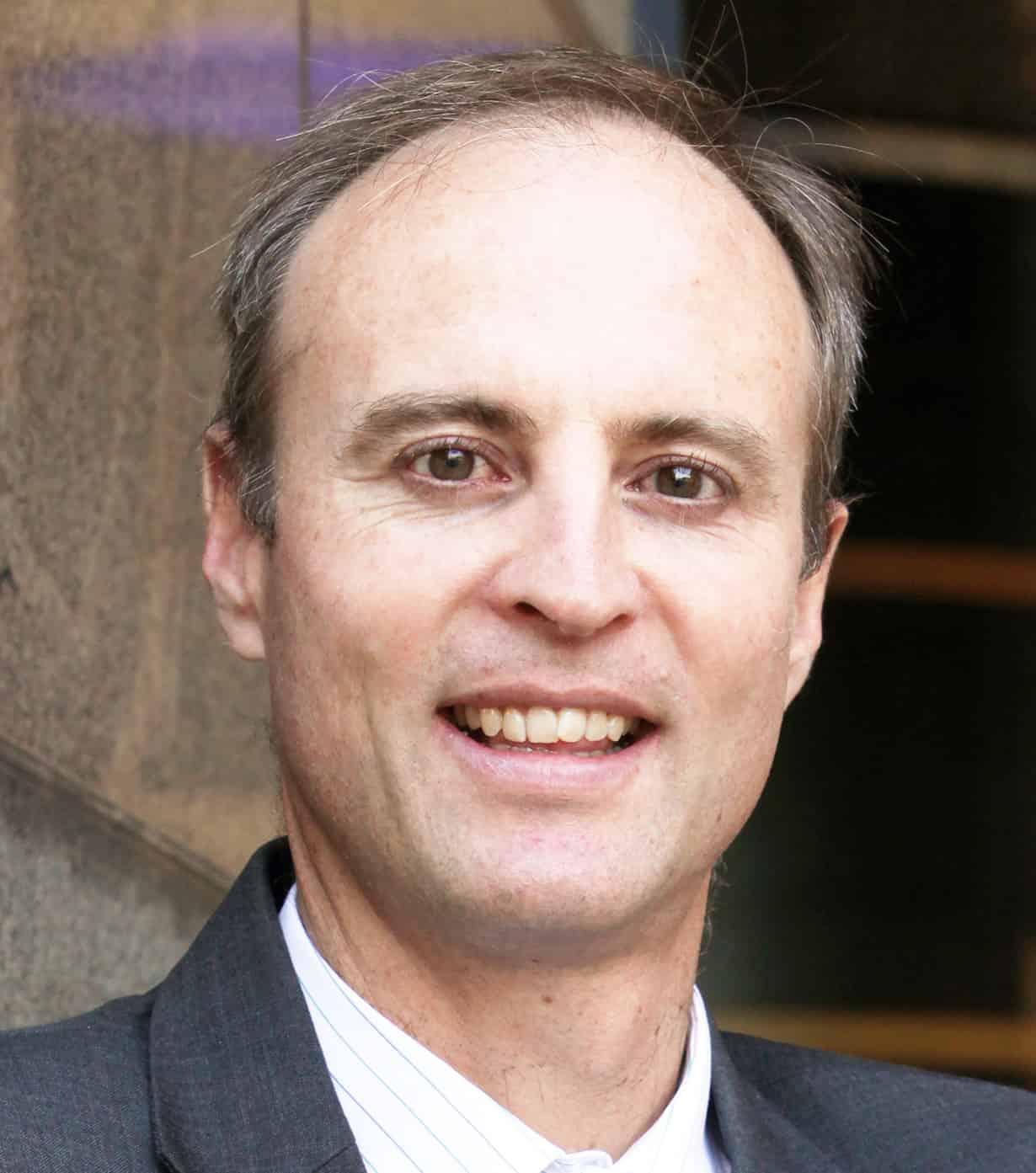CEO James Formby talks about how Rand Merchant Bank is adapting to meet the needs of corporate and institutional clients in a fast-changing region.

Global Finance (GF): How is 2019 starting for the South African banking sector and for your bank?
James Formby: Low business confidence continues to impact the corporate investment cycle, while constrained public finances limit the government’s ability to accelerate growth-boosting capex. The banking sector has, despite this challenging economic backdrop, delivered a resilient performance, and RMB was no exception with a very pleasing set of interim results for December 2018.
GF: What are the main challenges you face?
Formby: Political and policy uncertainty as well as protracted low economic growth in South Africa are the key challenges we face, as they both negatively impact business confidence and the ability of our corporate and institutional clients to grow and invest for the long term.
GF: Who are your customers today? How are you looking to widen this customer base?
Formby: RMB services the corporate and institutional segments. We are seeing growth through the acquisition of new clients, particularly in the corporate banking space in South Africa, as we refine our CIB offering. And we continue to grow our in-country client bases across the rest of Africa as we build scale in our subsidiaries. We are also growing our business in London, as we provide solutions for international investors with risk appetite for investments in Africa. Our branch in India is now growing its in-country client base, as well as continuing to service corporate and institutional clients in the Indo-Africa corridor.
GF: Compared with other parts of the world, interest rates on the African continent are quite high. How do you expect interest-rate margins to evolve in the near future? How will it affect you?
Formby: Inflation rates across African countries are typically higher than those in developed markets. As a result, interest rates in absolute terms are also higher. As global growth slows, with a fairly benign inflationary outlook, the outlook across most of the continent is for absolute rates to stay stable or decline slightly. Margins refer to the spread lenders require above deposit rates. This is reflective of the risk of particular markets and the appetite of global investors to take credit exposure to African sovereigns, institutions and corporates. For some of the largest markets like Nigeria and South Africa, reducing political risk with some prospect of economic reform should result in investor sentiment improving slightly, barring any economic setbacks in developed markets.
GF: You launched your own fintech innovation hub recently. What is your goal?
Formby: Our fintech innovation hub—the FOUNDeRY—is connected to thought leaders in the various client and product areas across the bank. Our goal is simple: We try to picture what a successful corporate and institutional bank will look like in three to five years’ time, based on our customers, their growing needs and the influence of a fast-paced digital-centric world that’s rapidly evolving around us. Then we start building what we believe we will require to remain relevant.
GF: Are you thinking of developing your own digital-only bank? What are the pros and cons of such a decision?
Formby: We are ensuring that we digitize as many of our client processes as possible, and allow for self-service when clients prefer it. So many of the services we provide are already digital. Our clients, being large corporates and institutions, are highly complex organizations, and we don’t believe that a digital-only service offering would be able to satisfy their needs across the spectrum. We believe that our clients will continue to require and value human interaction in addition to digital interaction, given the complexity of their needs.



